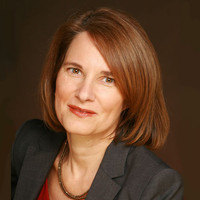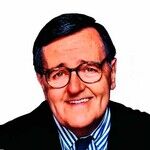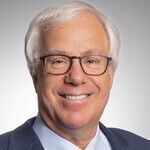LONDON — A summer day here is glorious in gray, lingering late until 9 or 10 o'clock by the stroke of Big Ben. Back in the land of "Mind the Gap" on the London tube, I floated through streets and hours and gathered impressions like cornflowers for a garden bouquet to give away.
First among these is that London is not just for the English anymore, but rather for the rich global capital. The city has gone from black and white to a riot of color.
Brazil's huge World Cup humiliation, at Germany's hands, is on the town's tongue. Was it one of the biggest national embarrassments ever played out in front of a country's citizens in world history? Quite possibly, as they say. It might be hard to top. Understatement is still big on this beautiful green isle.
The British have a grim sympathy for Brazil, but they also have a collective vein of pride and memory that will never forget the way they withstood German bombing in the second World War. Stoic civilians withstood the blitz's aerial barrage right here where I write, before the United States entered the scene like a character offstage until nearly the interval.
So I must say: T
he British character rises to meet occasions well, whether in wartime or the show-stopping 2012 Summer Olympics. The flawless royal wedding of William and Kate or the Wimbledon men's tennis hard-fought final, anyone? I rest my case. Something about high drama, high stakes and public space brings out the best in the British.
They like the world's eyes to be watching.
My London friends — and I used to be married to one — have done a lot to build my character as well. Little did I know that life is not worth living without irony. Little did I know that Anne Boleyn was Queen Elizabeth's mother until late in the game. Little did I appreciate that my fellow Americans were seen as masters of the obvious. That gets, um, monotonous. The English language, as spoken by the natives, has more nuance and notes on the scale.
Half a lifetime ago, I lived here in my 20s. I briefly met the late poet Stephen Spender at the Groucho Club. I interviewed the American actor Sam Wanamaker, a dreamer dead serious about building a new Globe Theatre near where the original once stood. We lived in Hampstead, where writers, artists, actors and Jewish refugees (from the war) congregated near the Heath in a diverse community. I saw the creamy elegant house where Virginia Stephen Woolf grew up. Yes, I was an avid Anglophile.
And I thought I had the lowdown on London. In my brash opinion, it was a great city that lacked vibrancy, past its prime. The legendary lexicographer Samuel Johnson famously declared in the 18th century, "When a man is tired of London, he is tired of life." That statement was a hard sell to me — a rare case of British overstatement.
Coming back to renew my lease, the city's changed more than I have over years. The London vibe must be felt to be believed. Exuberance rises higher here than across the pond, where we Americans are still trying to pick up pieces of a perfectly wonderful country torn apart years ago by a deadlocked presidential election, 9/11 and a dubious war or two. Not to mention the economic crash of 2008.
Talented Barack Obama is no Bill Clinton, who made politics more personal in an ongoing dialogue with the American people. Obama's cool temperament and "less is more" foreign policy is not curing what ails us. (And I like the guy.)
Signs of globalization were everywhere I gazed: the taxi driver who called his teenager in Cyprus and consulted a GPS system; the Brazilian man who styled my locks in Notting Hill; the mix of English, French, Americans and Canadians in my friend's West London neighborhood; and, of course, the Globe Theatre itself. Wanamaker, who died before it was done, made his Shakespearean dream come true.
"Swinging London" was the city's nickname in the 1960s. London's time has come again.
To find out more about Jamie Stiehm, and read features by other Creators writers and cartoonists, visit www.creators.com.






View Comments